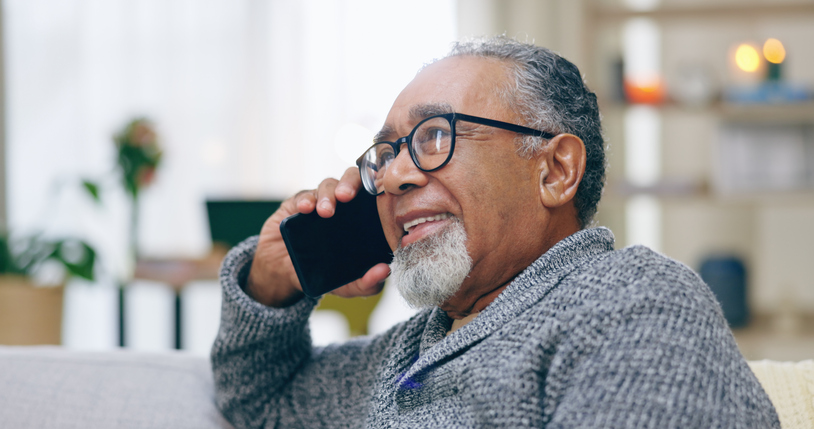Active surveillance
Active surveillance means holding off treatment and instead monitoring your condition closely with tests, such as blood tests and scans.
About active surveillance / active monitoring
- Active surveillance means holding off treatment and instead monitoring your condition closely with tests, such as blood tests and scans. The tests you have will depend on your type of cancer.
- You can start treatment as soon as you need it, but you may not need treatment for many years, if at all.
- Active surveillance is usually only an option for slow-growing (low-grade or low-risk) cancers. With a faster-growing cancer, your doctor will want to start treatment to get the cancer under control.
Active surveillance means you can avoid or delay unnecessary treatment and treatment side-effects that can affect your quality of life.
Remember your active surveillance appointments
It is very important to go to all your appointments so that any changes are spotted early.
- Write the date and time down on a calendar or set a reminder on your phone.
- If you cannot attend your appointment then make one for another day by contacting the clinic in the hospital and speak with your cancer nurse specialist.
- If you are planning to live or travel abroad, let your consultant know. They will be happy to put you in contact with someone there who can continue your follow-up.
What are the benefits of active surveillance?
- No treatment-related side-effects, for example, sexual side-effects from hormone therapy or hair loss from chemotherapy
- Does not interfere with your everyday life
- You can avoid unnecessary treatment – you may never need treatment
What are the drawbacks of active surveillance?
- You may feel anxious or worried about your cancer changing.
- Repeat tests and investigations are needed, which can be stressful.
- The cancer may grow more quickly than expected.
- The tests are usually good at picking up changes, but there’s a slight chance that changes in your cancer may not be picked up.
If you feel anxious
During the surveillance, you may feel anxious or worry about your cancer changing. This can be worse at times leading up to scans and follow-up appointments. The following may help you to cope:
- Understand active surveillance: Make sure you understand the tests, what the results mean for you and what kind of treatment you might have if the results show that you should start treatment. If you have any questions or worries about not having treatment, ask a doctor or nurse.
- Keep busy: Try to focus on the present and make the most of the time while your disease isn't active.
- Get help with worries: Share your worries with friends or family, or join a support group. Your doctor or a medical social worker can also support you.
- Complementary therapies like mindfulness or massage may help – contact your local cancer support centre to see what’s available. You can also talk to our cancer nurses. They can support you and refer you for free counselling.
If active surveillance makes you feel very anxious it may not be the best choice for you. Or you may need extra support to help you manage your feelings. Support groups, complementary therapies like mindfulness or massage and counselling may all help you.
If you change your mind after starting surveillance you can talk to your doctor about starting treatment.
If you are feeling anxious and need support, our cancer nurses are here for you. Call into a Daffodil Centre, ring our Support Line on 1800 200 700 or email the nurses at supportline@irishcancer.ie
Questions to ask about active surveillance
- What tests will I have?
- How often will I need to have tests?
- What changes in my tests mean I will be advised to start treatment?
- What treatments could I have if my cancer grows?
- Can I start treatment if I change my mind?



Talk to a Cancer Nurse

Support Line
Our Daffodil Centres

